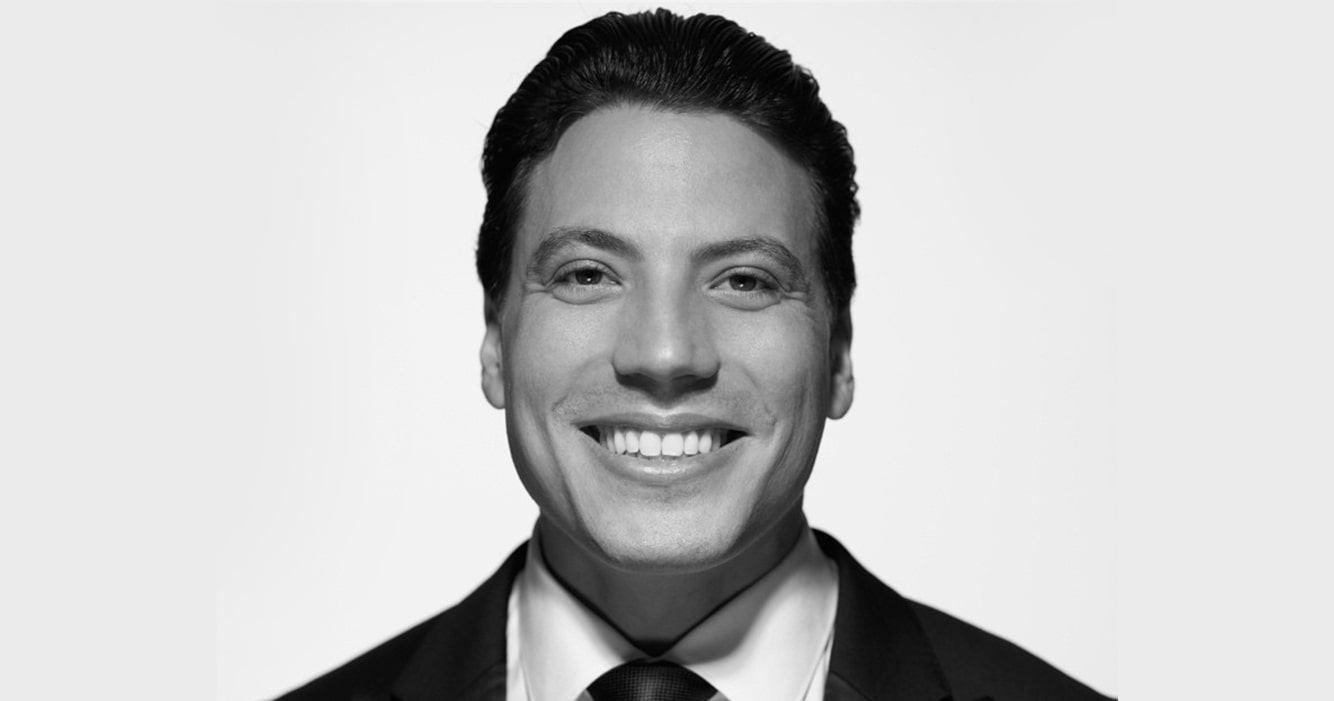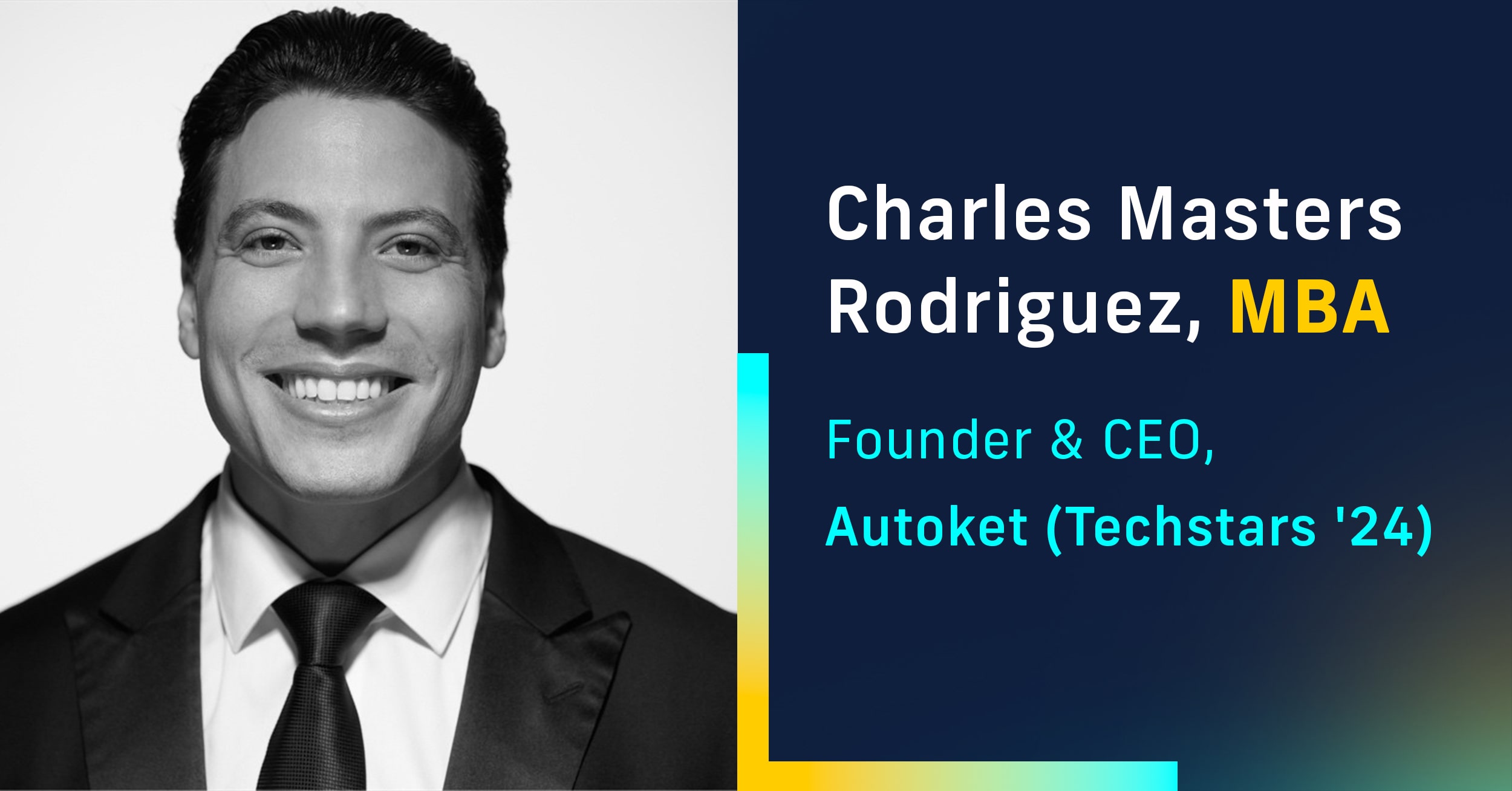Charles Masters Rodriguez, founder of MK3 Industries and Autoket, is a true example of a journey of innovation, grit, and the power of an entrepreneur. Born in San Juan, Puerto Rico, Charles' story started with an education from West Point and then five years in the military as an Army engineer diver.
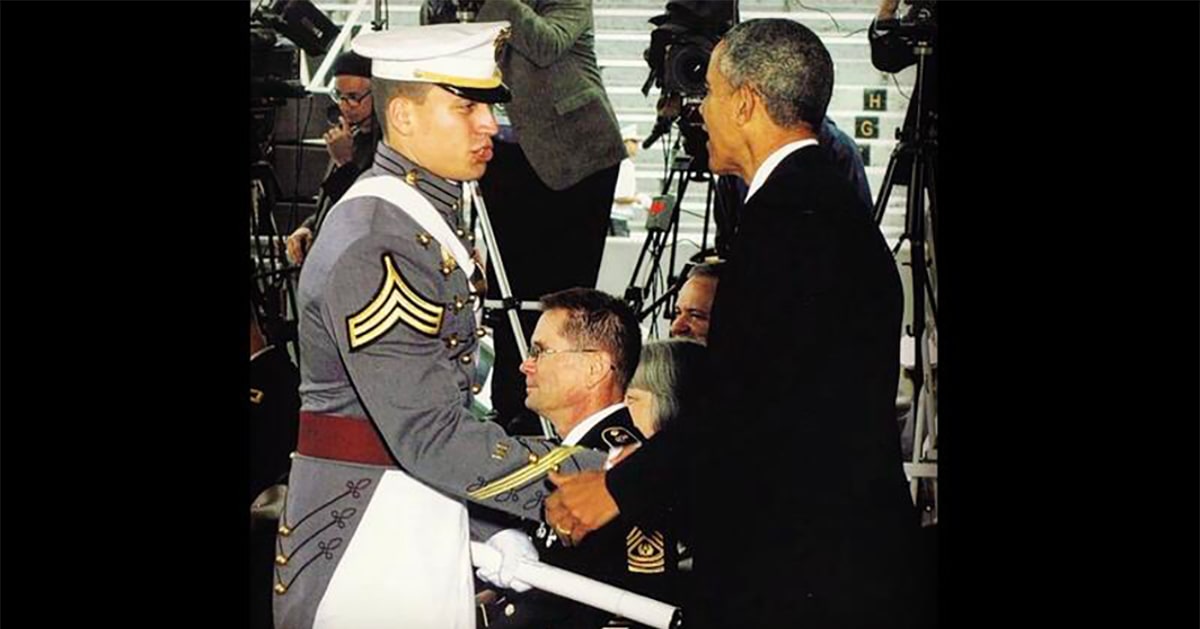
Charles meeting President Barack Obama
Logistic nightmares in the supply chain for military parts and equipment inspired Charles to found MK3 Industries, an automotive parts distribution company, and later Autokket, an AI-powered marketplace for fleet parts. Here's how he made it and advice he offers to those on a similar path.
Identify and Address Industry Pain Points
During his time serving in the military, Charles was made aware of the outdated and fragmented supply chain process in the automotive industry. It was that epiphany that led him to start up Autoket, with a hope of taking the inefficiencies head-on.
Charles suggests that those who are facing adversity in their current work should look out for any specific pain points or inefficiencies in the industry.
“If you see a need not being met, ask yourself what you might do to meet it in a unique way.”
Real solutions to real problems result in meaningful innovation.
Keep Your Pitch Simple and Effective
Winning the Emerge Americas pitch competition marked one of the major highlights of Charles' journey. He firmly believes a successful pitch boils down to clarity and simplicity.
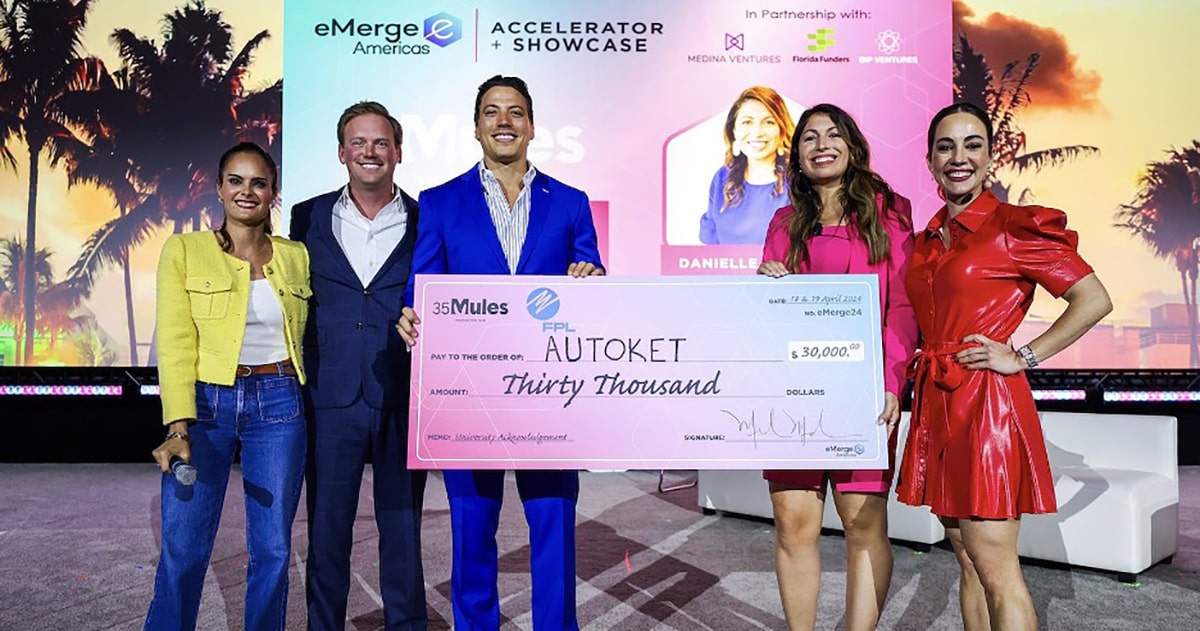
Charles Receiving the award at Emerge
A tip from Charles that helped him surpass others when delivering a pitch is to explain your business model in terms a fifth grader could understand.
“Master the ins and outs of your business, so you are prepared to pivot at a moment's notice and answer questions investors are likely to ask you.”
Strategy towards Growth of your Startup
Being an entrepreneur with two companies, Charles shares the importance of leveraging time and resources when juggling two companies.
One thing that has helped Charles in this process is to, wherever possible, automate everything to help save time. If operating several businesses in parallel, let them feed off each other; in this case for Charles, MK3 is the operating business and Autoket would be the technology service provider feeding into enabling the other in growth.
Transitioning to Tech in a Traditional Industry
The automotive supply chain industry is considered to be more on the traditional side. Because of this, there has been some controversy when considering integrating new technologies, which has been a challenge that Autoket has faced. However, Charles found that familiarity and incremental improvements eased this transition.
His key to managing this challenge is to understand his audience's comfort with technology. For others facing the same issue in their industry, his advice is to introduce new tools in ways that make them seem to mimic familiar platforms like Amazon to make the transition smoother.
Emphasize how your solution is going to create efficiency and benefit the client without overwhelming your peers with tech nuances.
Leverage Your Experience
Charles credits his entrepreneurial spirit to his military training, resilience, and adaptability, which motivates him to operate from a mission-oriented mindset. His advice to other aspiring entrepreneurs is to prepare for setbacks. When it doesn't work out, dynamically adjust your solution.
Take setbacks as learning moments and focus on finding solutions.
Start Small and Scale Strategically
In building Autoket, Charles had a target in mind: B2B automotive fleets. This hyper-focus allowed him to scale effectively without overleveraging his available resources.
Charles suggests that it’s important not to start too big. Start with a narrow customer base, make them love your product, and then scale. This way you will be able to create a solid foundation and customer base before scaling up.
Focus on Customer Needs, Not Competitors
Charles worries less about the competitors but instead concerns himself with Autoket's customers and ensures the platform serves them and their needs while addressing their pain points.
Another piece of advice from Charles is to stay customer-centric by being in continuous conversation with your clients and sharing the latest on your product to help serve them better.
It's good to know your competition, but your customers' needs are always first.
Build Relationships and Start Commercially Before Going Government
For MK3, Charles initially targeted government contracts but soon came to realize that there was significant value in first establishing a commercial client base.
When starting to scale your company, Charles suggests starting commercially. Put a good commercial foundation in place before expanding into government contracts. The government sector requires history and results, so the better the track record one can establish in the private sector, the easier it will be to transition in at a later date.
Prioritize Learning and Networking
Charles emphasizes that successful entrepreneurship is all about curiosity, continuous learning, and networking. Earning his MBA degree at FIU and the connections through FIU's programs such as the Business Innovation and Growth Accelerator, have helped accelerate his career.
As someone with a vast network, Charles’ tip is to stay curious and connected.
Stay relevant with the latest events in your industry, connect with stakeholders, and reach out for mentorship and insight from industry leaders.
Take advantage of educational programs and networks that will help drive your growth.
Take the Leap—Figure It Out Along the Way
Finally, Charles encourages all budding entrepreneurs to be bold and "take the leap." Entrepreneurship is difficult but rewarding, and nobody has all the answers from the beginning.
Just start. Never wait for that ‘perfect’ feeling of readiness, because it really never happens.
Every entrepreneur figures things out as they go. Take pride in knowing you'll learn and evolve regardless of what gets thrown your way.
Taking the Next Step
The story of Charles Masters Rodriguez - from student at FIU to CEO - is one of inspiration for all business entrepreneurs. It is a story about how resilience, innovation, and networking at FIU can make ambitions a reality.
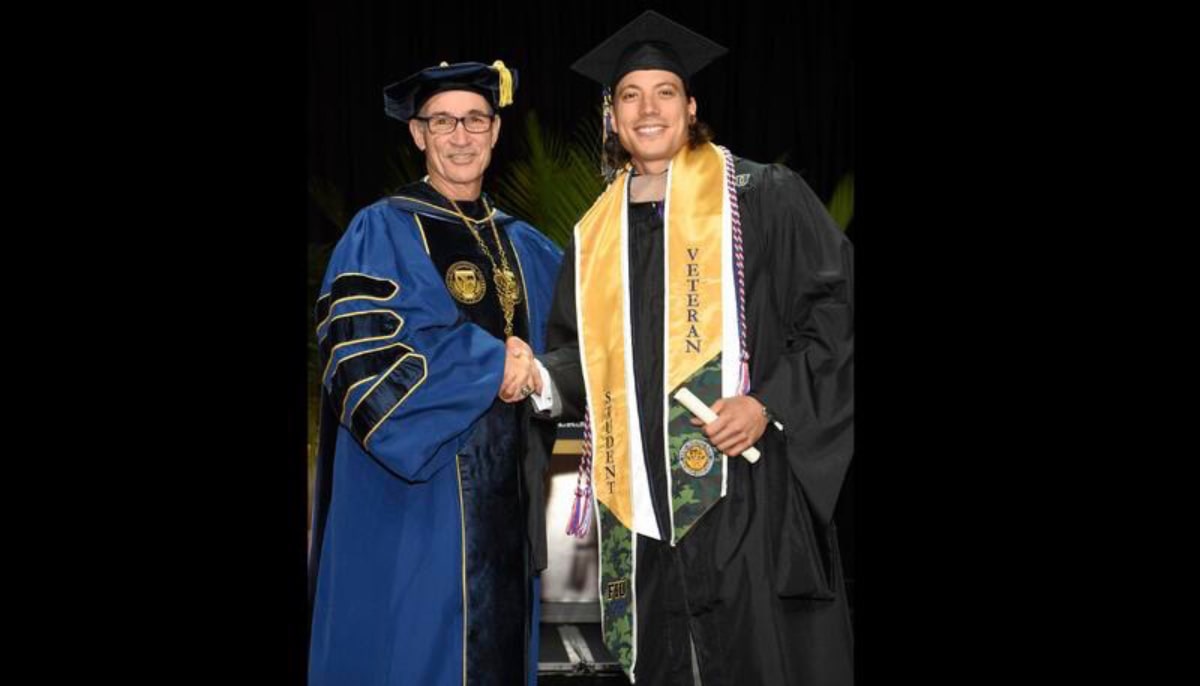
Charles Graduating from FIU
To learn more about the FIU Chapman Graduate School of Business Professional MBA program please visit: https://business.fiu.edu/academics/graduate/professional-mba/.

